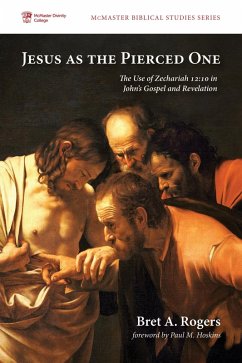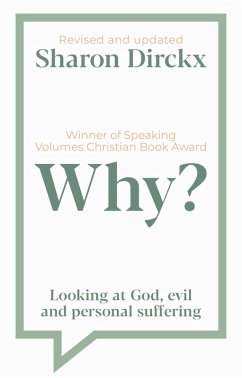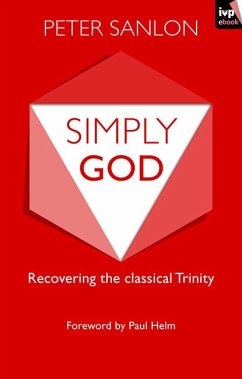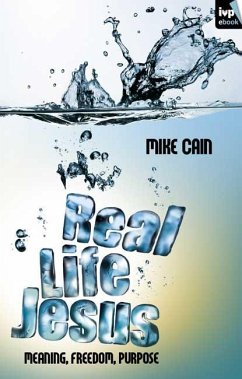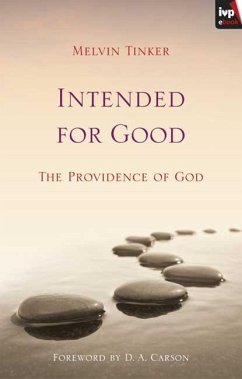
Pierced for our transgressions (eBook, ePUB)
Rediscovering The Glory Of Penal Substitution
Versandkostenfrei!
Sofort per Download lieferbar
12,95 €
inkl. MwSt.
Weitere Ausgaben:

PAYBACK Punkte
6 °P sammeln!
The doctrine of penal substitution states that God gave himself in the person of his Son to suffer instead of us the death, punishment and curse due to fallen humanity as the penalty for sin. The belief that Jesus died for us, suffering the wrath of his own Father in our place, has been the wellspring of the hope of countless Christians through the ages.However, an increasing number of theologians and church leaders are questioning this doctrine, claiming, for example, that it misunderstands the nature of God's judgment; that it divides the Trinity; or that it misreads crucial texts such as Is...
The doctrine of penal substitution states that God gave himself in the person of his Son to suffer instead of us the death, punishment and curse due to fallen humanity as the penalty for sin. The belief that Jesus died for us, suffering the wrath of his own Father in our place, has been the wellspring of the hope of countless Christians through the ages.
However, an increasing number of theologians and church leaders are questioning this doctrine, claiming, for example, that it misunderstands the nature of God's judgment; that it divides the Trinity; or that it misreads crucial texts such as Isaiah 53 or Mark 10:45. The doctrine has been pro-vocatively described as 'a form of cosmic child abuse'. In recent years, the criticisms - including some from within the evangelical constituency - have intensified. Furthermore, the debate is no longer confined to the academy, and has now found its way into popular Christian books and magazines.
In response, Jeffery, Ovey and Sach offer a fresh articulation and affirmation of penal substitution. In Part 1 they make the case that the doctrine is clearly taught in Scripture; that it has a central place in Christian theology; that its neglect has serious pastoral consequences; and that it has an impeccable pedigree in the history of the Christian church.
In Part 2, the authors then engage systematically with over twenty specific objections that have been brought against penal substitution. Their clear exposition and analysis, and charitable but firm responses, are accessible to all with a serious concern for the issues.
However, an increasing number of theologians and church leaders are questioning this doctrine, claiming, for example, that it misunderstands the nature of God's judgment; that it divides the Trinity; or that it misreads crucial texts such as Isaiah 53 or Mark 10:45. The doctrine has been pro-vocatively described as 'a form of cosmic child abuse'. In recent years, the criticisms - including some from within the evangelical constituency - have intensified. Furthermore, the debate is no longer confined to the academy, and has now found its way into popular Christian books and magazines.
In response, Jeffery, Ovey and Sach offer a fresh articulation and affirmation of penal substitution. In Part 1 they make the case that the doctrine is clearly taught in Scripture; that it has a central place in Christian theology; that its neglect has serious pastoral consequences; and that it has an impeccable pedigree in the history of the Christian church.
In Part 2, the authors then engage systematically with over twenty specific objections that have been brought against penal substitution. Their clear exposition and analysis, and charitable but firm responses, are accessible to all with a serious concern for the issues.
Dieser Download kann aus rechtlichen Gründen nur mit Rechnungsadresse in A, D ausgeliefert werden.




